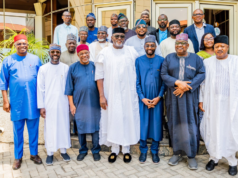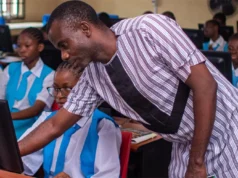In a decisive step toward deepening digital finance across Nigeria, the Securities and Exchange Commission (SEC Nigeria) partnered with digital currency exchange Quidax to convene a pivotal two‑day educational workshop. The collaboration brought together high‑level decision‑makers from commercial banks, pension funds, asset management firms, and securities dealers across the country. The goal? To equip them with the insights and tools essential for integrating digital assets into Nigeria’s financial framework.
Why This Initiative Matters Now
This event comes at a critical time for the Nigerian financial market. Earlier this year, regulatory groundwork was laid with the passage of the Investments and Securities Act (2025), formally recognising cryptocurrencies and virtual assets as securities under SEC jurisdiction. This move mirrors global regulatory efforts, such as the EU’s Markets in Crypto-Assets (MiCA) framework, setting the stage for a standardised, rule-based ecosystem.
In addition, the SEC issued licensing guidelines for Virtual Asset Service Providers (VASPs), aligning with recommendations from the Financial Action Task Force (FATF) to strengthen anti–money laundering and terrorism finance controls. These regulatory actions represent a broader strategy to build Nigeria’s financial resilience and position the country for long-term growth.
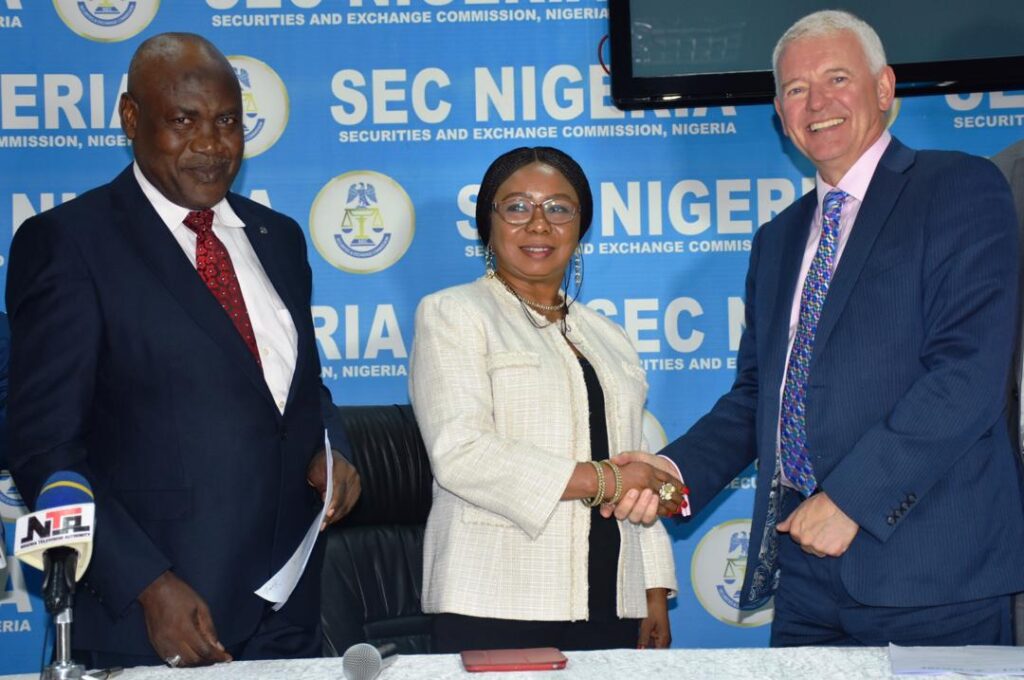
Inside the Event
Regulatory Insight from SEC Nigeria
Abdulrasheed Dan Abu, SEC’s FinTech and Innovation lead, set the tone by clarifying that the SEC’s responsibilities are broader than regulation—they include market development and advocacy. “Our mandate includes educating market participants on what is happening in the ecosystem,” he noted, emphasising the role of knowledge sharing in fostering broader market acceptance.
Dan Abu further outlined how tokenisation—the conversion of physical assets into digital tokens—could support Nigeria’s ambition of reaching a $1 trillion economy. He highlighted opportunities for institutions like AMCON to digitise assets, enhance liquidity, and create new wealth-building channels. This aligns with global trends, where assets ranging from real estate to commodities are increasingly being tokenised to unlock liquidity and transparency.
Quidax’s Pan-African Vision
From Quidax’s side, CEO and Co‑founder Buchi Okoro reaffirmed the belief that education is foundational to adoption. “Adoption starts with education,” he said, underscoring efforts to cater to a broad range of attendees—from complete novices to those already running blockchain pilots.
As a company operating in nine African countries with plans to eventually cover all 54, Quidax shared its regional vision. Okoro stressed: “We’re solving African problems for Africans, and this partnership with the SEC helps us do that within regulatory guardrails.” The initiative reflects both a commitment to compliance and the ambition to democratise digital finance across the continent.
Voices from the Field
Feedback from the financial community was enthusiastic. The Head of E‑Business at Sun Trust Bank, Sunday Joseph Olaniyan, remarked:
“There used to be this orientation that digital assets were not welcome in Nigeria… Events like these bring such awareness… and present us with the opportunity to not be left out.”
His testimony reflects a broader shift: where once scepticism reigned, today there’s cautious optimism, rooted in regulatory clarity and structured learning.
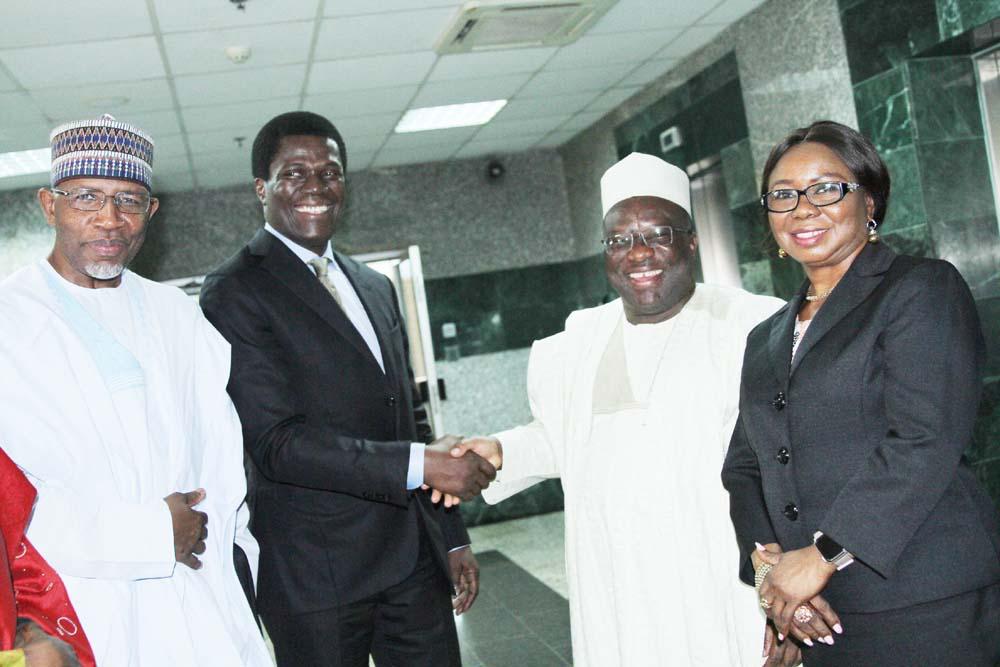
Broader Ripples Through Industry
This first-of-its-kind outreach has wider implications. The SEC and Quidax’s seminar sends a powerful message: digital assets are not only lawful but welcome, so long as institutions comply with regulatory protocols.
Multiple national news outlets reported on the significance of this shift:
- Punch emphasised how banks are now embracing digital assets following the SEC–Quidax initiative.
- Vanguard described the event as pushing institutional adoption of digital finance in Nigeria.
- The Nation emphasised that educating financial institutions plays a major role in shaping Nigeria’s evolving digital finance landscape.
Together, the coverage suggests that the initiative is more than an isolated training—it’s a watershed moment signifying institutional readiness.
What This Means Moving Forward
- Stronger Regulatory Oversight
With the Investments and Securities Act (2025) now in force, the SEC is empowered to register and regulate crypto service providers, enhancing investor protection while encouraging innovation. - Emerging Tokenised Markets
Tokenisation could unlock liquidity from assets previously confined to traditional finance. Institutional players are now better equipped to explore everything from real estate-backed tokens to commodity-linked instruments. - Cross‑Sector Collaboration
The workshop’s success highlights the importance of collaboration between regulators, tech firms, and financial institutions. Quidax’s scaling from Nigeria into broader Africa signals how partnerships can amplify impact. - Setting a Pan‑African Standard
Nigeria is laying down a blueprint. By anchoring digital asset adoption within regulatory frameworks, local stakeholders are helping define a model that could influence financial ecosystems across Africa under the AfCFTA umbrella.
Context in Nigeria’s Evolving Crypto Landscape
To appreciate the event’s significance, it helps to understand Nigeria’s rich—but intricate—relationship with crypto:
- In 2021, Nigeria led Africa in Google searches related to cryptocurrencies, reflecting intense local interest
- Historically, the legal environment for crypto was unclear, even contentious, with occasional bank account freezes tied to crypto usage.
- Today’s regulatory frameworks—including delisting the naira on peer-to-peer platforms and adopting global compliance standards—illustrate how Nigeria has matured from caution to structure.
What to Watch Next
- VASP Licensing Rollouts: As applications proceed through due diligence, upcoming licenses for exchanges and related platforms will be a key barometer of market maturity.
- Institutional Product Launches: Look for banks and asset managers to begin offering digital-asset-linked services—maybe tokenised funds, crypto custody, or blockchain-based yield instruments.
- Broader Education Programs: More waves of training—especially targeting regulators, legal professionals, and tech firms—will be critical to entrenching literacy across the ecosystem.
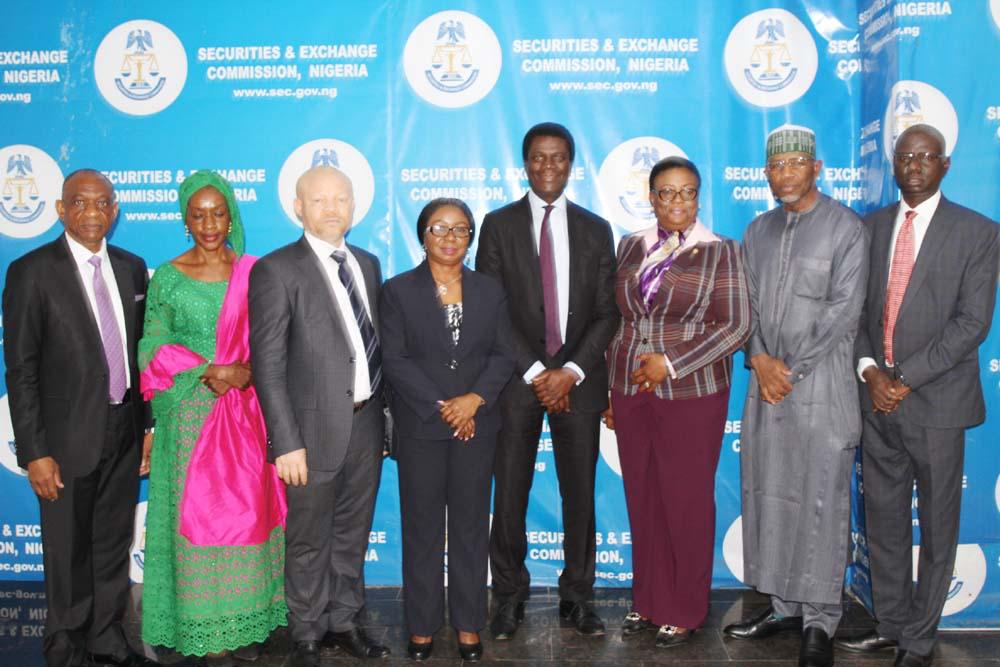
Final Thoughts
The collaborative workshop hosted by SEC Nigeria and Quidax represents a moment of convergence between regulatory authority and fintech innovation, between traditional finance and emerging technology, and between local action and continental ambition. It’s a strategic first step toward educating the country’s financial leaders, preparing them for a future where digital assets are part of mainstream institutional offerings.
As Nigeria progressively tokenises assets, enhances licensing clarity, and fosters pan-African fintech integration, the insights from this event will echo through boardrooms, regulatory halls, and investment portfolios. Its true impact will be measured not just by today’s attendees, but by the evolving range of regulated, compliant, and innovative financial products they bring to market.
Join our WhatsApp community
Join Our Social Media Channels:
WhatsApp: NaijaEyes
Facebook: NaijaEyes
Twitter: NaijaEyes
Instagram: NaijaEyes
TikTok: NaijaEyes



